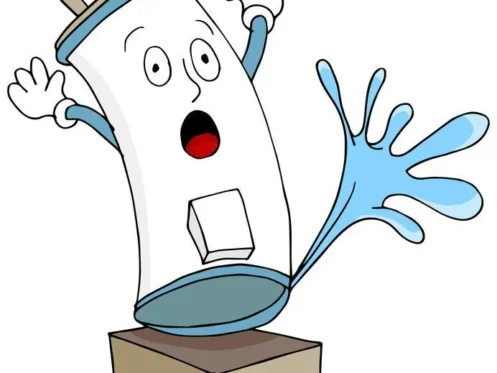At Linn Benton Plumbing, we understand just how frustrating water heater problems can be. When these appliances don’t work, everything from bathing to washing clothes can be a hassle. Worse, the resulting property damage can be extreme when water heaters burst.
Besides prompt water heater repair in Lebanon, OR, it pays to be proactive toward your water heater to avoid costly issues and compromise your safety. Here are three reasons why they burst, along with tips for mitigating the related risks.
1. SEDIMENT BUILDUP
You should flush and drain your water heater annually. If this is not something you’re doing, you may be at risk of a major flood event.
Minerals from hard water gradually build up and settle at the base of water heater tanks. Not only do these buildups lead to expedited wear, but they can also cause problems with overheating. One sure sign of excessive sediment is a distinctive popping or knocking sound. Once you hear these noises, schedule water heater services right away.
2. OLD AGE AND POOR MAINTENANCE
Water heaters aren’t given much thought until they start to act up. However, negligence, along with corrosion and inevitable damage of aging, can cause your water heater to leak or even burst. If you aren’t scheduling regular maintenance for your unit or aren’t diligently tracking its lifespan, it can fail unexpectedly and may call for a premature water heater installation.
3. RUST CORROSION
Most conventional water heaters have a special component called anode rod, which protects the tank from rusting. Over time, its ability to prevent widespread rusting wears out. Once it corrodes, your tank comes next.
That said, have a certified plumber in Lebanon, OR to replace your anode rod about once every three years. Otherwise, serious problems may ensue, and your unit might fail or burst.
4. EXCESSIVE PRESSURE INSIDE THE TANK
If you have a broken hot water heater, excessive pressure at the interior of the tank may be a possible culprit. While most water heaters come with a temperature and pressure relief valve, the extra pressure inside the tank can still wear the unit down in the long run.
To avoid expediting ongoing wear and tear, we advise setting your water heater between 120 and 125 degrees Fahrenheit. We also recommend keeping your valves in check to minimize the risks of bursting.
At Linn Benton Plumbing, we go out of our way to ensure your hot water heater remains safe and efficient to use with our comprehensive range of services. Get in touch with us today to schedule an appointment.
